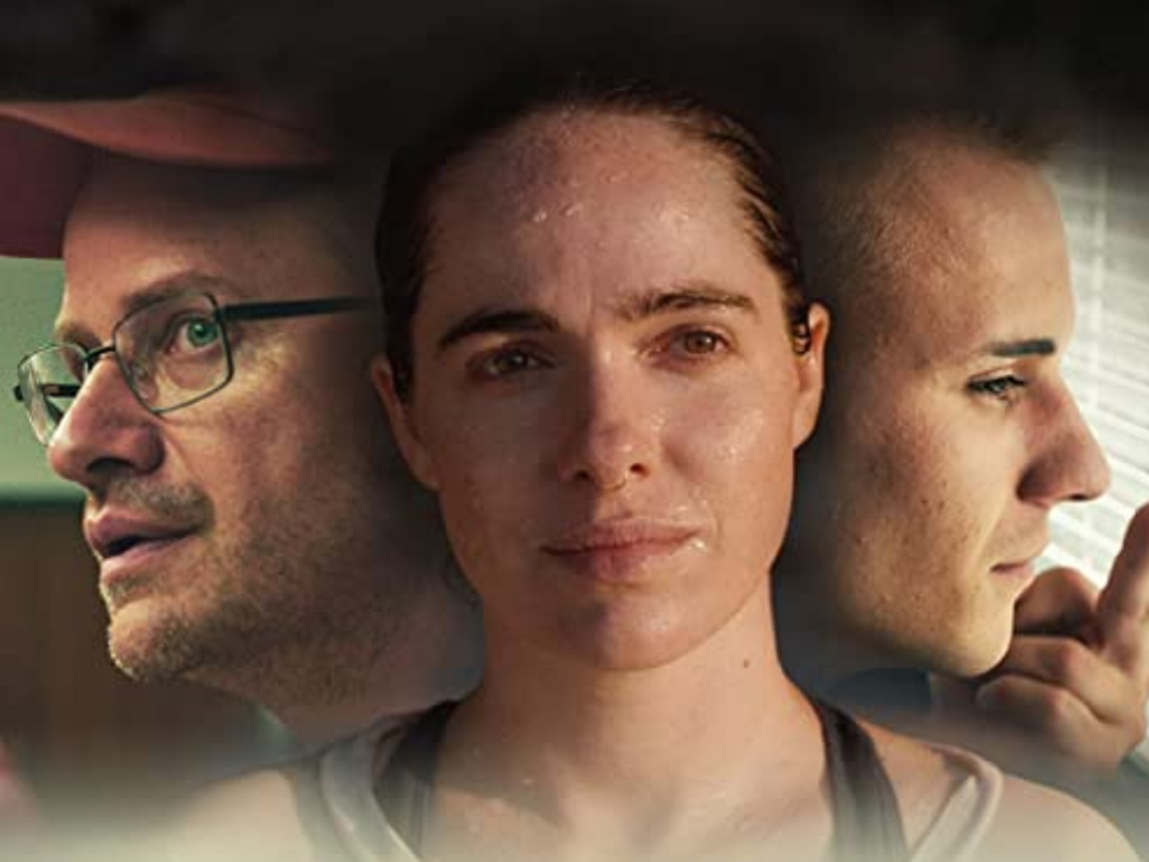
- Golden Globe Awards
Me, We (Austria)
The world’s shortest poem is “Me, We.” It was created by Muhammad Ali when he spoke to a group of Harvard students and one shouted out: “Give us a poem, Muhammad!” He came up with it on the spot, expressing a very simple sentiment – that we are nothing without each other.
The film uses this powerful wisdom while telling a story that deals with the refugee crisis. It shines a light on the four main sides of this issue, each one shown with its own set of characters, then interwoven with each other. Marcel (Alexander Srtschin), the right-leaning leader of a group of youngsters, hates that his sister is dating “an Arab” and decides to find an organization of so-called guardian angels to escort women in order to protect them from the alleged dangerous migrants. Marie (Verena Altenberger) is a young NGO worker full of youthful excitement for saving the world, who travels to the hotspot Lesbos, Greece, to volunteer in a camp but ends up joining a crew that rescues refugees directly from the sea. Petra (Barbara Romaner), a wealthy single woman adopts an unaccompanied, underage refugee named Mohammed (Mehdi Meskar) who turns out to be not quite what she expected. Gerald (Lukas Miko) runs a refugee shelter but is in over his head when Aba (Wonderful Idowu), one of his protégés, acts up and has trouble assimilating. When things do not turn out as expected, all their attitudes toward asylum and migration are changed forever.
Director David Clay Diaz, a Paraguay-born, Vienna-based filmmaker made his first feature, the genre-bending Agonie, in 2016. Me, We is his second film. Even though with his writing partner Senad Halibašić, he laid out the four stories, so they do not intersect, they do succeed at showing the different angles of a problem Europe has been grappling with for more than half a decade.
The production company classified Me, We as a comedy, and even though there are humorous moments, it deals with a serious subject. And if there is any message, then it is that no one can fully understand the problematic issue of migration unless they are either confronted with or affected by it. And that anyone who gets involved will have their views changed forever by the reality of it. There is no black and white with this issue, only shades of gray. The protagonists are challenged not just by opposing views but by best intentions, naive racism, subconscious prejudice and seemingly nonchalant indifference. In many ways, the film puts a spotlight on the insecurities we all have in regard to this problem.
The film’s title, although borrowed from Muhammad Ali, goes deeper here and puts the focus on three pointed questions: who am I, who can I be, and are the others really that different?